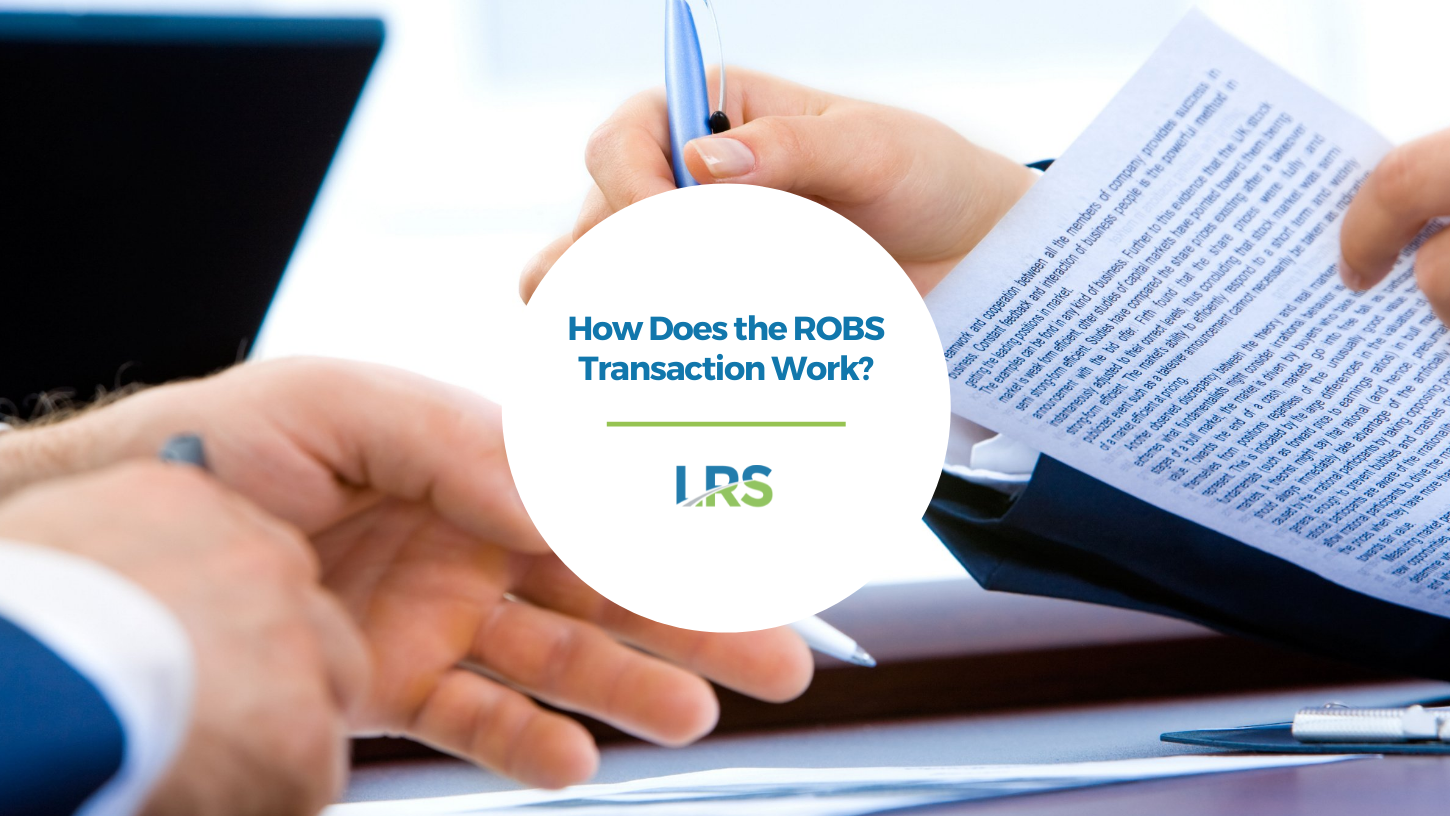Qualified 401(k) Administrator (QKA)
ASPAA states that the Qualified 401(k) Administrator (QKA) credential is offered for retirement plan professionals who work primarily with 401(k) plans. Applicants for the QKA credentials are from various professional disciplines. They typically assist employers and consultants with the recordkeeping, non-discrimination testing and the administrative aspects of 401(k) and related defined contribution plans.
Do you work in the retirement plan space? Are you interested in obtaining your own QKA credential so that you may catapult your career to the next level? Here are the basic time constraints of the credentialing program to get you started:
- You must have at least 2 years of experience in the retirement plan industry
- It takes between 80 and 200 hours of study to complete the credential
- The average time to complete the credential is roughly 18 months
The learning modules are robust, thorough, and easy to navigate. They are separated into 3 areas of study followed by 3 separate exams to be taken after all modules have been completed. They include:
- Retirement Plan Fundamentals, which will "provide an introduction to the most relevant topics of retirement plan administration, basic skills training, and valuable resources to prepare you for the industry."
- Defined Contribution Administrative Issues - Basic Concepts (DC-1), which includes basic plan qualification requirements, different types of qualified plans, qualification requirements (eligibility, participation, highly compensated employees, etc.), contributions and allocations, deductibility of contributions, vesting and forfeiture issues, as well as plan amendments, terminations, and annual reporting requirements.
- Defined Contribution Administrative Issues – Compliance Issues (DC-2), which includes 401(k) basics, coverage and nondiscrimination rules applicable to 401(k) plans, ADP and ACP test examples, how to design a plan to avoid these nondiscrimination tests, different types of allocation methods and methods to satisfy nondiscrimination requirements, cross-testing, and various types of distributions.
If want to find out more about the QKA credential along with the current costs associated with the exams or what the continuing educational requirements may be, click here. If you have any further questions contact Leading Retirement Solutions here.
For more tips and information regarding retirement plans, contact us.






